In the second article of our 2-part deep-dive, Gareth Smith, Head of Consulting, and Neale Stidolph, Head of Information Management at Phusion partners Sword IT Solutions continue to explore how to unlock digitalisation value via our top data and information management themes in Oil and Gas.
Oil and gas core business: hydrocarbons or tech?
There has been a growing trend for oil and gas companies to re-define their image as technology leaders. Some have always dabbled in this space and have done a pretty good job at it. However developing and deploying tech is really hard to do well. And there’s still a real tension between ‘business as usual’ IT organisations and the innovation/R&D groups popping up and anticipating being supported in an agile way of working. This may also explain why so many digital initiatives stall at PoC stage discussed in part one of this article.
In response to the current global crisis, we are seeing operators making dramatic decisions to shrink back to a decision-making core that makes maximum use of service contractors to execute their exploration and production requirements. That decision-making core needs the right information on which to base their decisions.
Net Zero sentiment and “oil shaming”
The pace of change in shifting public and industry sentiment in the last 12 months has been astonishing. The conversation, driven by increasingly visible signs of climate change, has gone from talking about how we support long-term energy transition to how we achieve net zero carbon emissions in less than 20 years. The realities of the scale of the transition challenge seem to be relegated to footnotes in the debate. This makes it an incredibly tough environment to position concepts such as exploration and ‘maximising economic recovery’ when looking for investment. And now, ‘oil shaming’ seems to be a thing, where it’s no longer acceptable to admit you work in oil and gas.
The search for talent
The skills we need in the coming years are in short supply, both in the traditional realms of geoscience and engineering as well as the new roles developing around areas like digitalisation, data science and AI. The problem is we can’t attract young people with these skills to what’s increasingly seen as a dirty, sunset industry. We need to work hard to demonstrate the industry is changing and offer people opportunities to be part of the solution, not the problem. Fortunately, adversity drives invention.
Collaboration is key
From something of a curiosity on arrival, the ‘Open Subsurface Data Universe’ (OSDU) initiative appears to be getting some real traction. It seems the oil and gas industry is fed up with big vendor lock-in and/or trying to solve it all themselves. The realisation is that value comes not from managing the data but from the use of data. We wait to see if this initiative can go beyond where others have stalled – as always, the devil will be in the detail, but the early signs are positive. The OSDU is just one example of a more collaborative, open environment that is emerging post-downturn. Initiatives such as the release of the National Data Repository in the UK and the reformation of the OGUK IM Forum point to a brighter future when it comes to cracking the perennial problem of oil and gas data management.
Innovation
After years of relative stagnation and large service company domination, there has been a veritable explosion in innovation in the past couple of years. This has been driven by the downturn (bright people discarded and forming their own companies), new technology (the rapid growth of affordable cloud platforms and data science capability) new opportunity (the growth in renewables and emerging opportunities in areas such as CCS and ‘clean’ fuels) and the support of organisations such as the OGTC. We’ve talked to a whole host of innovative companies such as Osokey, AEON, Loxodrome, Mapstand, TapeArk, Target and Infoscience Technologies who are all looking to push the boundaries. There are a host of entrants from outside of Oil & Gas bringing in their innovative solutions in to the mix. Here at Sword, we’re also investing heavily in innovation and digital solutions development to find new ways of tackling data management challenges.
Despite the growing challenges facing the oil and gas industry, we have real hope for the future of our industry to deliver the balance in our need for energy with the needs of the environment. We anticipate a real acceleration in innovation and our ability to respond to a rapidly changing landscape, particularly to meet the evolving demands for responding efficiently to the global pandemic we all face.
